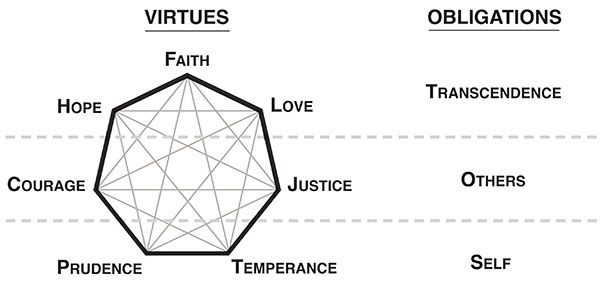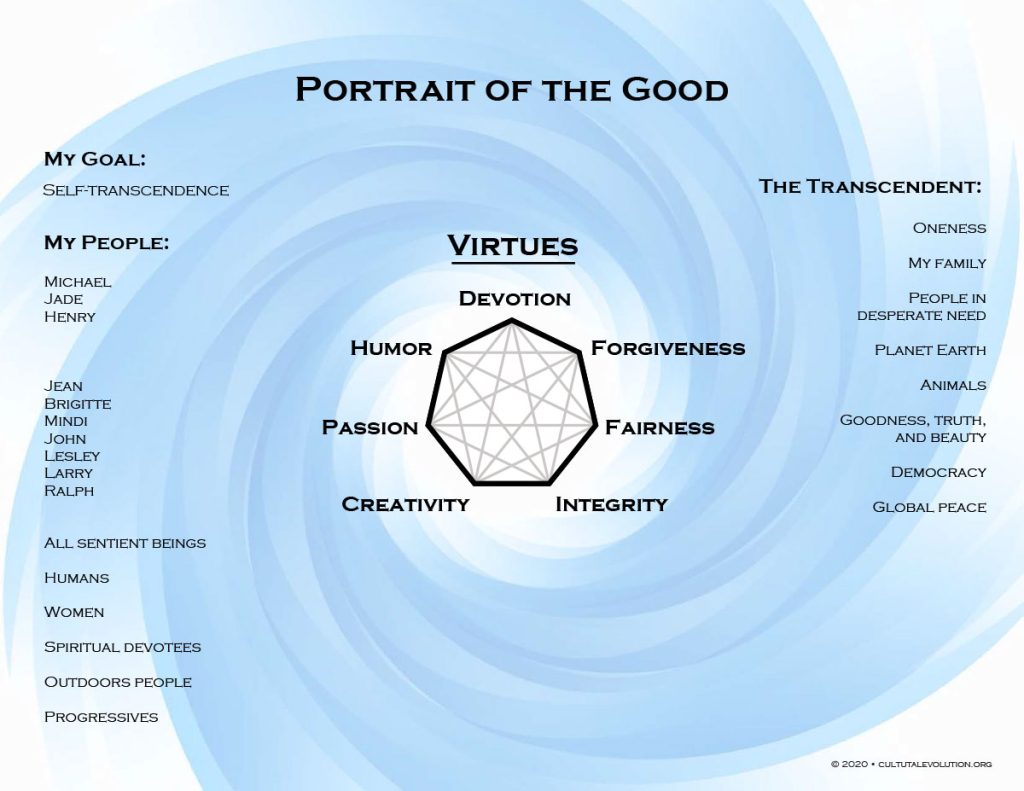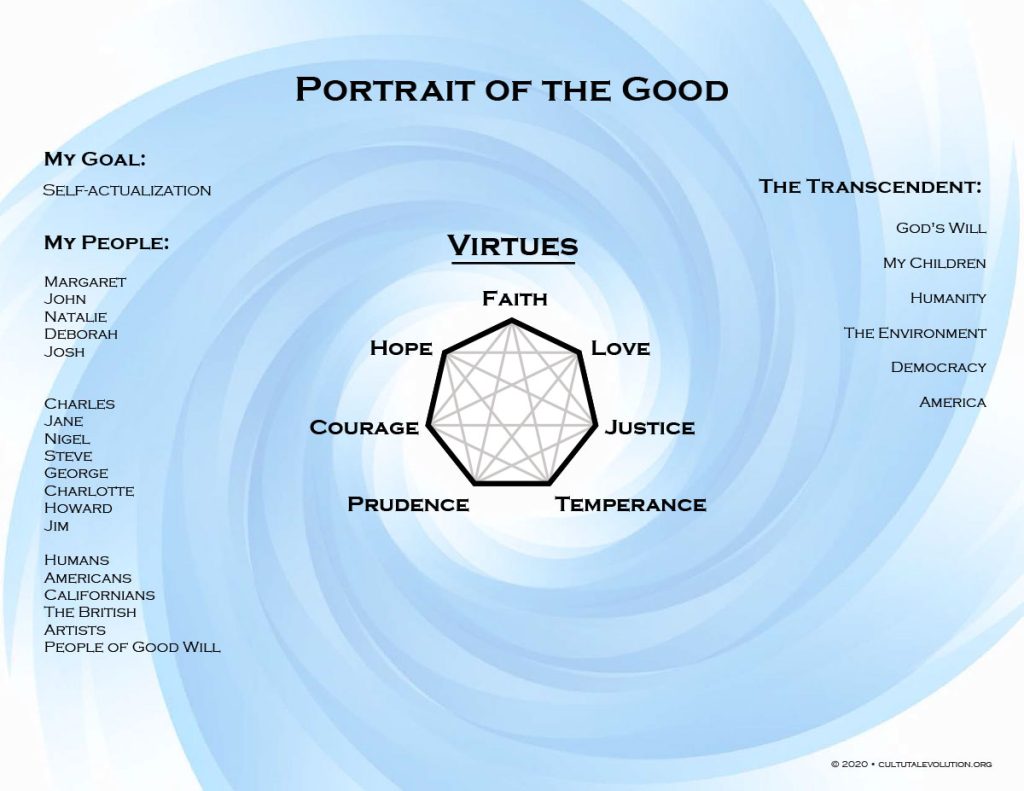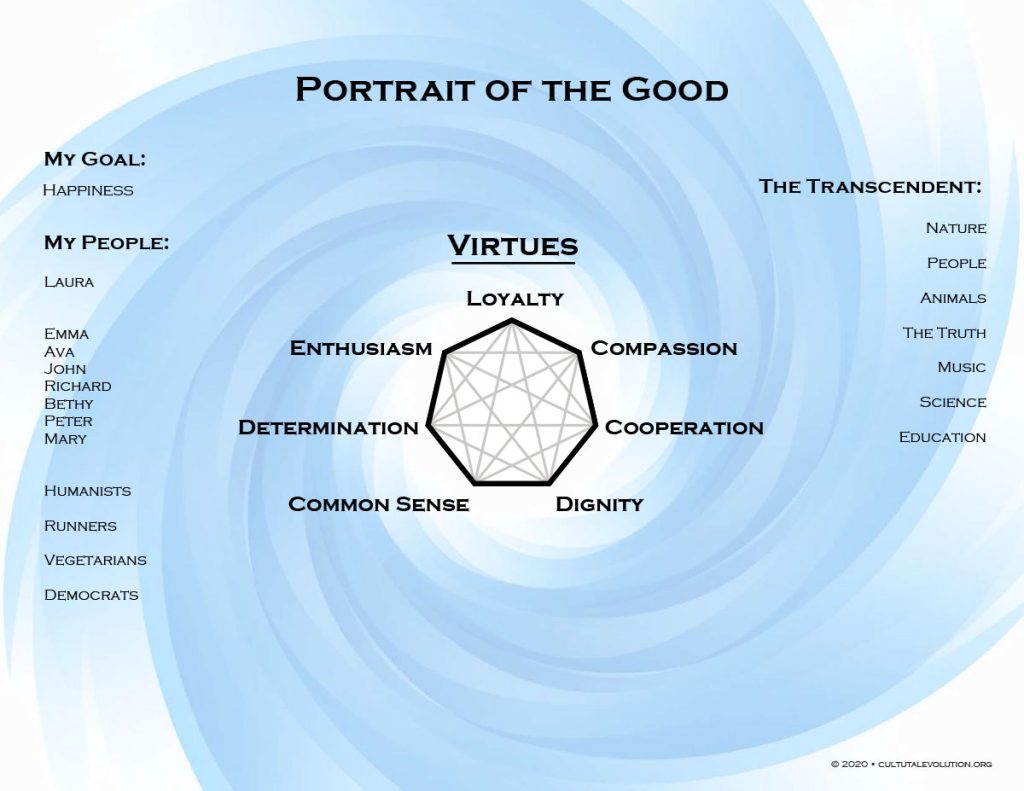The 2018 midterm results are in. And despite two years of creative destruction, consistent anti-environmental policy moves, and the moral degradation of the office of the presidency, Trumpism has not been thoroughly repudiated by America’s voters. Democrats gained a House majority, but it looks like Republicans have locked up the Senate through 2022 at least. Which means that, barring a major political upheaval, hyper-partisan polarization is here to stay.
In the post-election pundit-sphere, talk of criminal justice reform and a possible infrastructure bill provide rays of hope for bipartisan compromise. But the potential for meaningful progress on even these relatively small and sensible issues remains unlikely because of the extreme bitterness that characterizes our divided political duopoly. This bitterness was reflected by CNN commentator Van Jones, who expressed hope for progress on these issues, but then added the sentiment that “most progressives don’t want to work with a lying racist or give him any legislative victories.”
Meanwhile, many centrist-minded post-election editorials are admonishing national leaders to try to bring together the “Exhausted Majority” of Democrats, Republicans, and independents into a new, grassroots “Country Over Party” movement that can overcome hyper-partisanship.
While I applaud this call to “come together,” this hopeful admonition ignores the glaring fact that America’s dysfunctional political turmoil is a cultural problem that is arising upstream from Washington D.C. Calling for a straightforward political fix to this pre-political problem, such as national leaders convening a new centrist party, ignores the cultural nature of the problem. Well meaning establishment centrists are thus looking for a solution to hyperpolarization in the wrong place. This is what is known as the “streetlight effect,” which Wikipedia illustrates with this well-known joke:
“A policeman sees a drunk man searching for something under a streetlight and asks what the drunk has lost. He says he lost his keys and they both look under the streetlight together. After a few minutes the policeman asks if he is sure he lost them here, and the drunk replies, no, and that he lost them in the park. The policeman asks why he is searching here, and the drunk replies, ‘this is where the light is'”
As long as we continue to look for solutions to our governmental gridlock within the confines of politics-as-usual, we will be “looking for our keys” under the proverbial streetlight. As the Institute for Cultural Evolution has been arguing since its inception in 2013, hyperpolarization is not a problem that can be solved by conventional political strategies. The only way to ameliorate this “wicked problem” is to effectively grow out of it.
In response to this need for cultural maturation, my forthcoming book, Developmental Politics, describes a realistic yet inspiring “new politics of culture” through which America can grow into a less polarized version of itself. Although relatively complete, the publication of this book is still some time away. Yet as publication nears I will be sharing more of its ideas and generally preparing to launch the next phase of the Institute for Cultural Evolution’s political and cultural activism.
Please stay tuned, and thank you for your ongoing interest in our work.
— Steve McIntosh, ICE President







Mr. Troiano words are partly right, but they aren’t going to come from the conservative Republicans …
Your reply is also partly right, but you miss the mark in pretending that forming a centrist party is anything remotely close to straightforward.
…
The reality of it is that there is no silver bullet, and proposing the formation of a centrist party in no way amounts to saying that that alone with fix everything. Similarly, saying that we should work on the wider cultural side of it in no way means that the political outcomes will magically solve themselves.
…
All very true and important. My only quibble – where did the idea that the Republicans have the Senate locked up through at least 2022 come from? As I understand it, apart from the notorious gerrymandering, voter suppression, etc, the main reason the Democrats failed to win the Senate this time was that not enough winnable Republican seats were up for grabs on this occasion, which will not be the case in 2020. Trump is most unlikely to get any more popular before then (rather the reverse), if he doesn’t get impeached or indicted and this is likley to hand Democrats the Senate, I would think.
Looking forward to your new book!
Can’t wait to hear more!
Excellent, looking forward to reading more!
I’m excitedly looking forward to Developmental Politics. Perfect name for the book you’re the right guy to write!
Article is spot on.